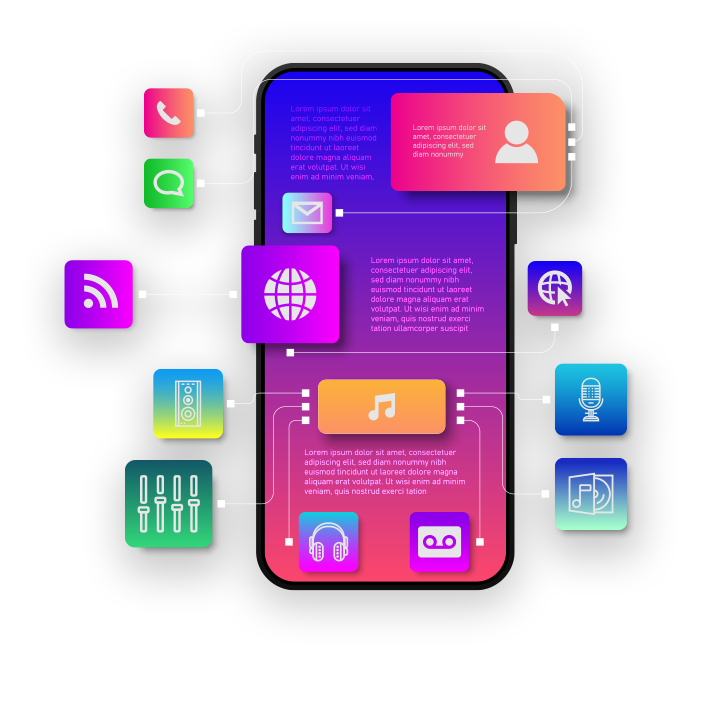Native mobile app development and traditional web app development are both valid options for creating mobile applications, and the right choice will depend on the specific needs and goals of your project.
Here are some key differences between the two approaches that we will consider when deciding which one to use:
One advantage of native mobile app development is that it allows developers to create highly optimized and performant apps that can take full advantage of the capabilities of a specific platform such as iOS or Android.
Using the programming language and tools that are native to a platform, apps can also be designed to provide a seamless user experience and make use of features such as touch gestures and device hardware.
Native mobile apps are generally faster and more responsive than web apps because they are built to take advantage of the device’s hardware and software capabilities. Web apps, on the other hand, rely on the device’s web browser and internet connection, which can sometimes lead to slower performance.
However, native mobile app development can be more time-consuming and costly than traditional web app development, as it requires developers to create separate versions of the app for each platform. In addition, native mobile apps need to be distributed through app stores and must follow the guidelines of those stores, which can add an extra layer of complexity.
Traditional web app development can be faster and more cost-effective, as it allows developers to create a single version of the app that can be accessed from any device with a compatible web browser. These apps can also be easily updated and maintained, as they do not need to be distributed through app stores.


